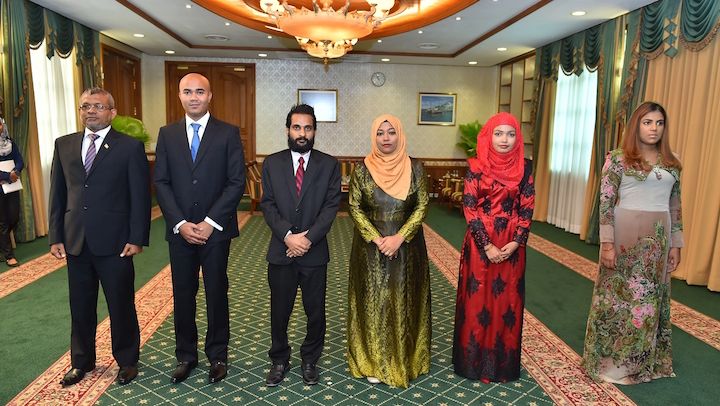Broadcast regulator accused of double standards
The reconstituted Maldives Broadcasting Commission has been accused of bias and double standards over contrasting rulings issued recently after investigating similar complaints.

02 Jun 2016, 09:00
The reconstituted Maldives Broadcasting Commission has been accused of bias and double standards over contrasting rulings issued recently after investigating similar complaints.
The documentary was anti-Islamic, the MBC said.
In late April, the MBC also ordered Raajje TV to stop live broadcast of its popular talk show following a complaint over corruption allegations levelled at Yameen by an opposition politician in exile.
Become a member
Get full access to our archive and personalise your experience.
Already a member?
Discussion
No comments yet. Be the first to share your thoughts!
No comments yet. Be the first to join the conversation!
Join the Conversation
Sign in to share your thoughts under an alias and take part in the discussion. Independent journalism thrives on open, respectful debate — your voice matters.




